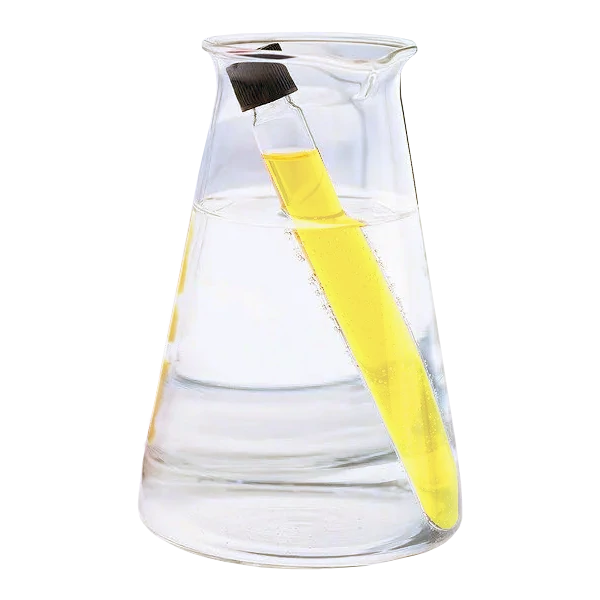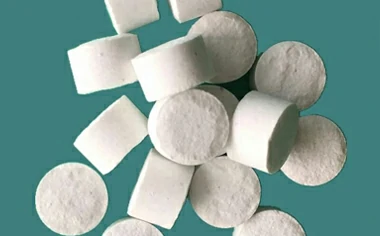Sodium chlorite should not be used directly for pools. Here's why:
Safety Concerns: Sodium chlorite is an oxidizer and can react with other chemicals sometimes present in pools, potentially generating harmful byproducts.
Ineffective at Maintaining Pool Sanitation: Sodium chlorite itself doesn't have the long-lasting chlorine residual needed for effective pool sanitation.
If sodium chlorite is used for pools, it's typically converted into chlorine dioxide (ClO2), a powerful oxidizing agent that effectively eliminates bacteria, viruses, and algae in pool water. Chlorine dioxide is known for its ability to break down organic contaminants and maintain water clarity. Here's a breakdown of its pros and cons:
Advantages:
Effective Disinfectant: Chlorine dioxide is effective against a broad spectrum of bacteria, viruses, and other microorganisms that can contaminate pool water.
Oxidation: It can help break down organic contaminants like sweat, body oils, and leaves.
Disadvantages:
Short-Lived Residual: Chlorine dioxide decomposes relatively quickly in pool water, so it may not provide long-lasting sanitation compared to chlorine.
Improper Handling Risks: Generating and using chlorine dioxide requires proper equipment, trained personnel, and adherence to safety protocols to avoid potential hazards.
Regulations: The use of chlorine dioxide in pools might be subject to regulations by local authorities.
For these reasons, the most common and recommended disinfection methods for swimming pools are chlorine (either as a free chlorine or combined chlorine) and bromine. These methods are widely understood, cost-effective, and have established safety and health guidelines.




